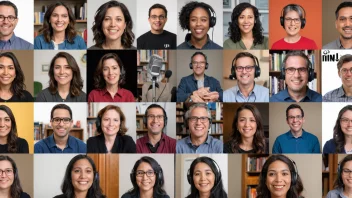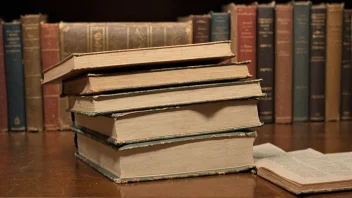In times of uncertainty and turmoil, it’s often the wisdom found in non-fiction literature that helps us make sense of the chaos. Non-fiction books can provide insights, strategies, and knowledge that empower us to navigate crises more effectively. From historical accounts to self-help guides, the range of non-fiction literature offers invaluable resources. Here are some essential ways that non-fiction can guide us through challenging times.
1. Understanding Historical Context
One of the most significant benefits of non-fiction is its ability to provide historical context. During a crisis, it’s crucial to understand how similar situations have unfolded in the past. Non-fiction books that explore history can offer lessons learned and strategies that worked—or failed—in previous crises. For example, works like The Great Influenza by John M. Barry detail the 1918 flu pandemic and its societal impact, helping us draw parallels to modern health crises.
2. Gaining Practical Skills
Non-fiction literature often focuses on practical skills that can be incredibly useful in a crisis. Whether it’s financial management during economic downturns or mental health strategies to combat anxiety, many self-help and instructional books provide step-by-step guides that empower individuals. Titles like The Total Money Makeover by Dave Ramsey offer actionable advice on managing finances effectively, which can be a lifeline in uncertain economic times.
3. Building Emotional Resilience
Coping with crises often requires emotional strength and resilience. Non-fiction can help readers develop these traits through personal narratives and psychological insights. Books such as Option B by Sheryl Sandberg and Adam Grant address loss and recovery, showcasing how individuals can find strength in adversity. These stories remind us that we are not alone in our struggles and provide practical strategies for emotional healing.
4. Fostering Critical Thinking
In a world filled with misinformation, non-fiction literature encourages critical thinking and discernment. Well-researched books challenge us to analyze data, recognize biases, and make informed decisions. Factfulness by Hans Rosling is a prime example, as it equips readers with tools to evaluate facts and understand global trends accurately. This skill is invaluable during crises, where clarity and informed choices can significantly impact outcomes.
5. Inspiring Action and Change
Non-fiction can also serve as a catalyst for change, inspiring readers to take action in their communities or personal lives. Books addressing social issues, environmental challenges, or political movements can motivate individuals to engage in activism or community service. For instance, How to Be an Antiracist by Ibram X. Kendi not only educates readers about systemic racism but also empowers them to advocate for justice in meaningful ways.
In conclusion, non-fiction literature plays a vital role in helping us navigate crises. By providing historical context, practical skills, emotional resilience, critical thinking, and inspiration for action, these books offer essential guidance during turbulent times. As readers turn to non-fiction in search of clarity, they discover the power of knowledge and the strength of community, reminding us all that we can emerge from crises stronger and more informed.






